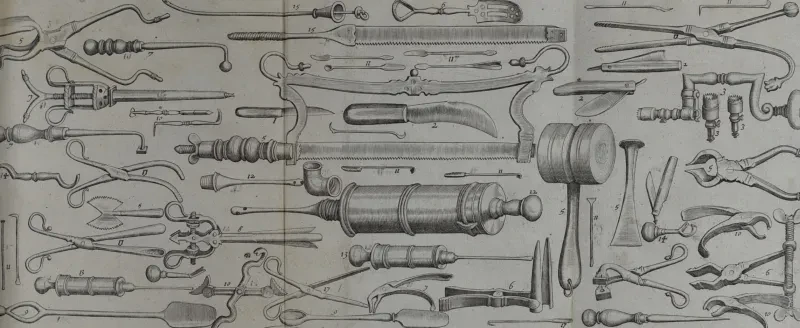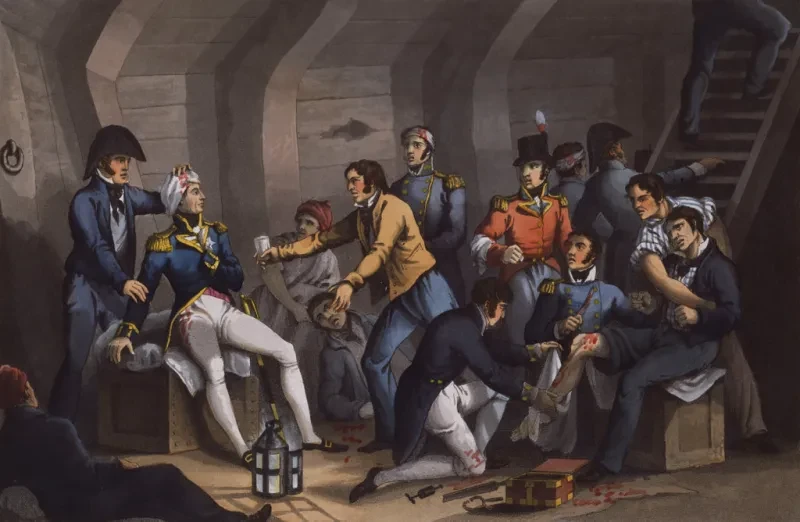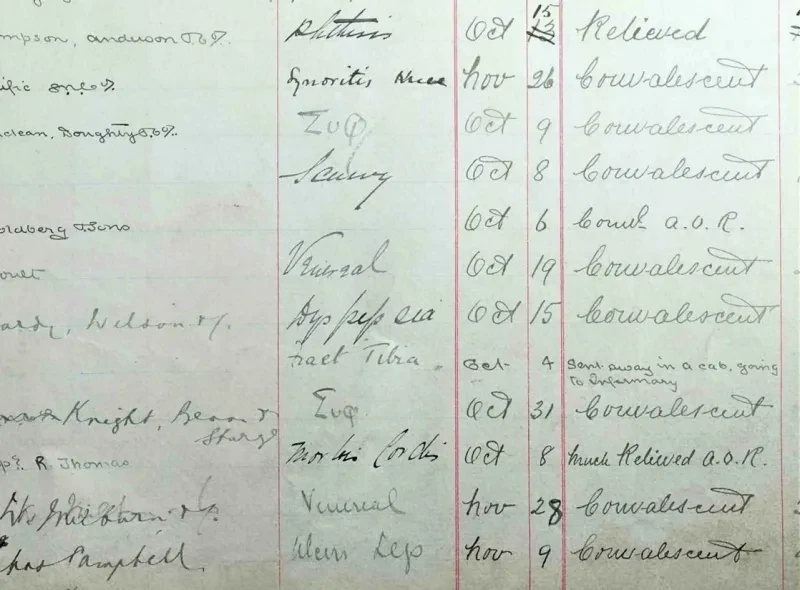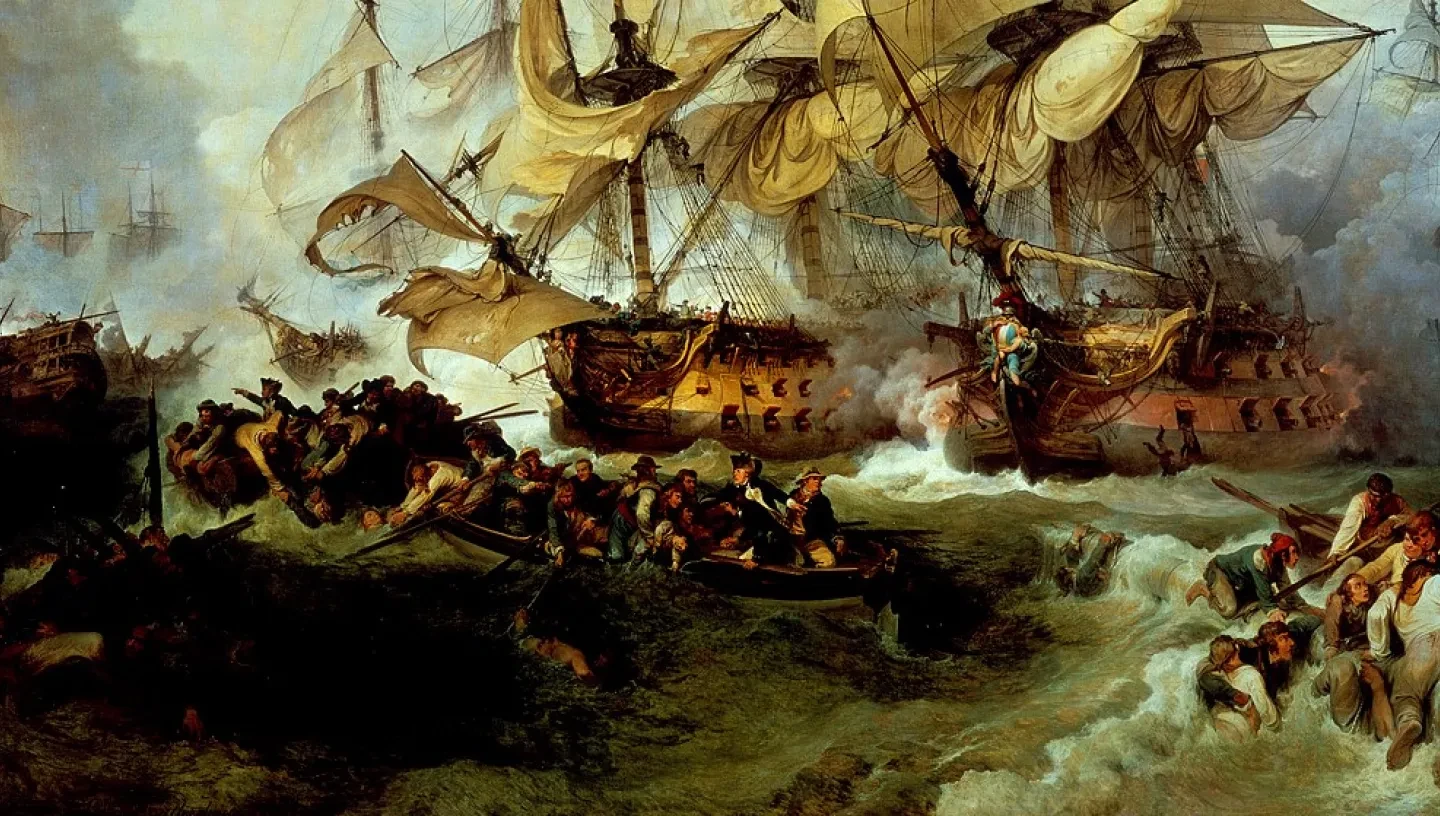
A brief look at the varied career of the Scottish physician, author, and campaigner, whose personal papers were recently catalogued.
Dr Thomas Trotter was a man of many interests. During his career at sea, he rose from surgeon’s mate to physician to the fleet and championed many improvements to health at sea and the medical profession within the navy.
He was also active in other areas including campaigning for the abolition of the transatlantic slave trade and writing on medical and naval matters including ways to end the practice of impressment.
Unfortunately, if he wrote an autobiography, it has not survived, with what we know of his life and career being drawn from his published works and a small collection of letters received by Trotter which has recently been catalogued.
The son of a baker, Trotter was born in 1760 in Melrose and from 1777 attended medical school in Edinburgh. After two years he left his studies to join the navy as a surgeon’s mate, eager to gain hands-on experience and beginning a career at sea that would last almost twenty years.
During this initial period, he served in the Channel Fleet and in the West Indies. Having impressed his superiors with his treatment of the wounded, particularly at the Battle of Dogger Bank in 1781, he would eventually be promoted to full surgeon.
From slave ship to abolitionist
With the end of the American War of Independence in 1783, Trotter found himself unemployed. While in Liverpool a friend recommended him to a local shipowner, and he was soon employed as surgeon on board the slave ship Brookes.
Horrified at the conditions he witnessed during this voyage, Trotter appealed to the Master, Clement Noble, to allow the enslaved people more freedom of movement and to take on greater supplies of fruit and vegetables to help maintain their health and the health of the crew.
In all instances he was ignored, and Trotter believed this contributed to many avoidable deaths both during and after the voyage, primarily from scurvy.
On his return to Britain, he left the Brookes as soon as he could. Whatever his views on the transatlantic slave trade may have been beforehand, he had now become a committed abolitionist.
Trotter would later speak before a House of Commons committee regarding his experiences during this voyage and the suffering he witnessed. He highlighted the anguish of the enslaved people, the overcrowded conditions, lack of fresh air, lack of fresh food, and their general ill-treatment by the master, Clement Noble, and the crew.
Noble for his part also testified before the committee, but rather than blame scurvy for the deaths he instead blamed ‘the doctor and devil’ and made an unconvincing attempt to discredit Trotter’s abilities as a surgeon.
Trotter’s surviving letters unfortunately do not touch upon this topic, but his position as an abolitionist and his continued contact with prominent figures within that movement is evidenced by a letter from William Wilberforce in response to Trotter’s later campaign to abolish impressment in the navy.
Some of his poetry published towards the end of his life also touches upon the slave trade, perhaps reflecting an enduring sense of personal guilt at his brief participation in it.
Return to the navy
With opportunities for naval employment still limited, Trotter established a private practice in Northumberland and returned to his studies in Edinburgh. In 1788 he obtained his MD, with his thesis looking at drunkenness and its effects on the human body, which having been a ship’s surgeon he may have had some experience with by this point.
Trotter returned to naval service in 1790 and would serve on board various ships and at the Royal Naval Hospital, Haslar. He was appointed Physician to the Channel Fleet by Lord Howe in April 1794 and served throughout the following years' campaigns, including at the Glorious First of June.
In 1801 he treated Horatio Nelson who complained of inflammation in his good eye. After following Trotter’s prescribed treatment, the issue resolved itself and he was able to proceed with the campaign that would lead to the Battle of Copenhagen later that year. Nelson recalled Trotter’s treatment of him in a later letter:
I have heard the naval service is under very great obligation to you, I am sure I am for your attention to me at Plymouth
Horatio Nelson
Wherever possible Trotter attempted to enact reforms, particularly to the diet of patients, improvements to hospital administration, and in attempting to increase levels of pay for physicians and nurses which was well below that which could be obtained in civilian practice.
He was one of several physicians actively promoting treatment and prevention of scurvy through the consumption of fresh fruit and vegetables and, as a friend of vaccination pioneer Dr Edward Jenner, was a strong proponent of vaccination to combat diseases such as smallpox.
His efforts for the improvement of the practice of medicine in the navy and the working conditions of medical staff were obviously popular among his colleagues, as evidenced by a silver coffee pot presented to him by the surgeons of the Cape of Good Hope squadron. Held in the Museum’s collection, it is engraved with their thanks for his exertions on their behalf.
Trotter the author
While climbing aboard a ship to tend to the wounded captain after a battle, Trotter injured himself, resulting in a hernia which led to his retirement from naval service in 1802. He then established a civilian practice in Newcastle-upon-Tyne, occupying himself with this and the writing and publishing of works on various subjects.
Unsurprisingly given his experience he primarily focused on medical and naval subjects as with his three-volume work on the diseases of seafarers, Medicina Nautica, but he was also a keen poet and published a volume of verse entitled Sea Weeds. Most of his surviving correspondence relates to the promotion of these works.
It is clear from these letters that Trotter was well connected within both the navy and medical profession, and that following his retirement he attempted to make use of these connections to promote his works and ideas. He also felt that his work had been underappreciated by the Admiralty and that his pension on retirement did not reflect his contributions to the health of the navy, and may have attempted to use his contacts to try and improve his situation.
The collection of Trotter’s papers can be found on the archive catalogue under the reference TRT, and the library collection contains copies of many of his published works which are available to order for viewing in the Caird Library’s Reading Room:
- Sea weeds: poems written upon various occasions, chiefly during a naval life. London: Longman, 1829. PBC8130.
- Observations on the scurvy. London: Longman, 1792. PBD2168.
- An essay, medical, philosophical, and chemical, on drunkenness. London: Longman, 1810. PBC5778.
- Medicina nautica: an essay on the diseases of seamen. London: Longman, 1804. PBC5779/1-3.
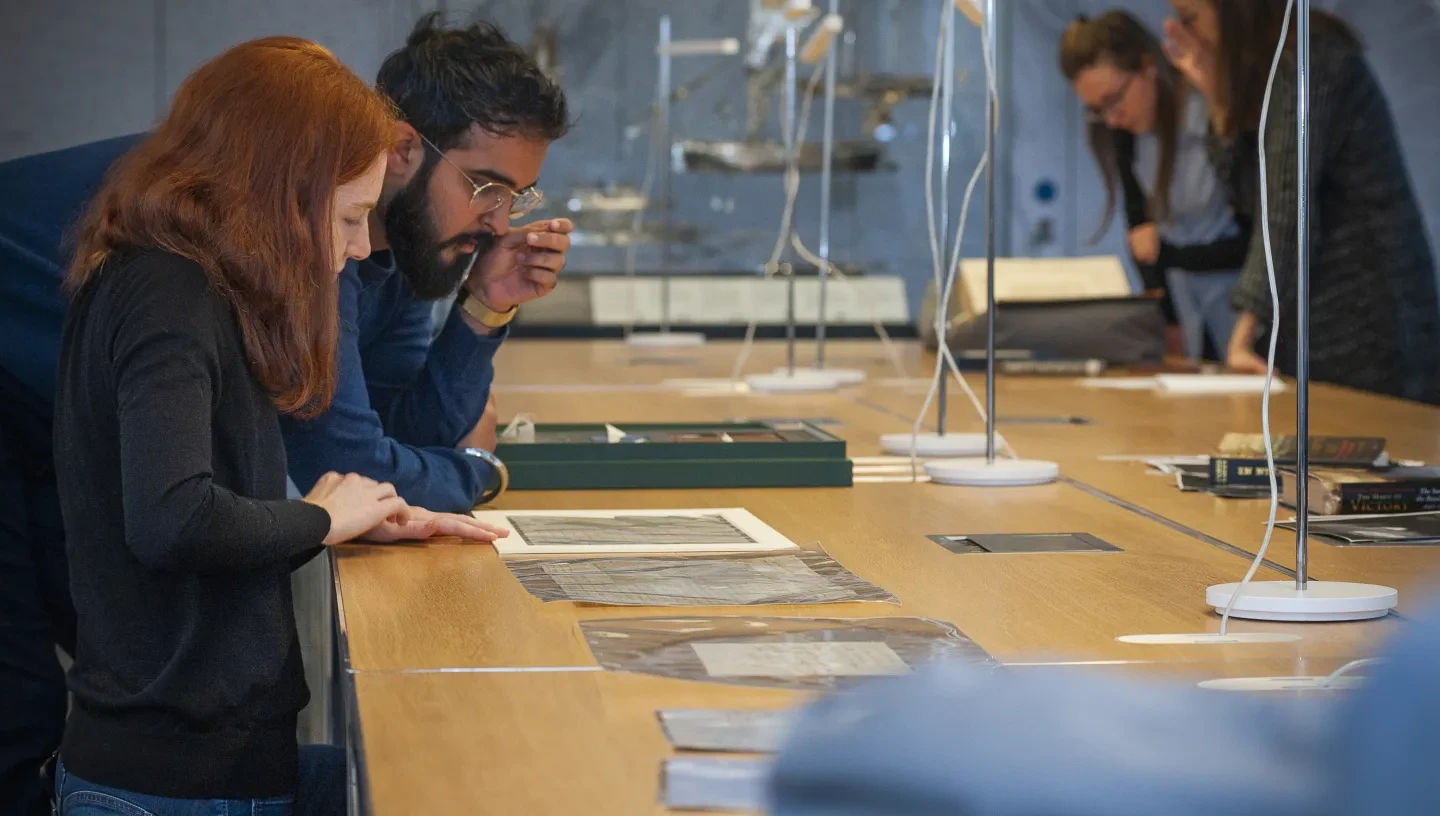
Journey to the Caird Library and Archive
Header image: The Battle of the First of June, 1794 by Philippe-Jacques de Loutherbourg, BHC0470





